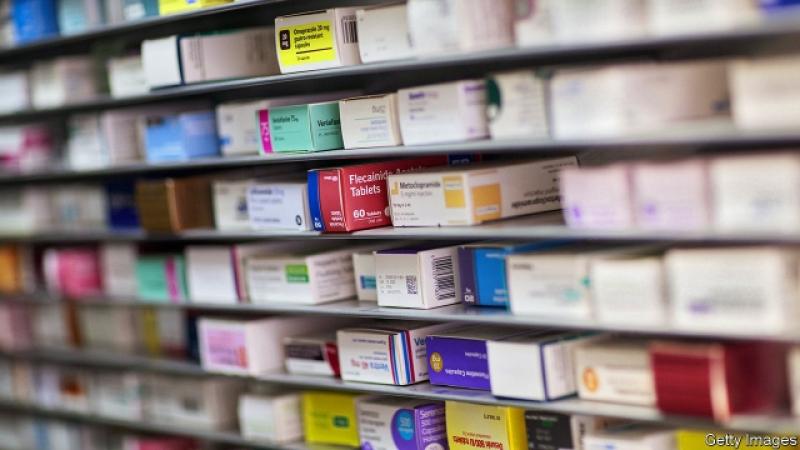The global battle over high drug prices


THESE DAYS it is hard to find a government that is not struggling with the high price of medicines. In England, the government is fighting Vertex, a drug company, over the cost of a drug for cystic fibrosis, Orkambi. In America, diabetics have died because of the high cost of insulin. In the Netherlands, the government for a time stopped buying the immuno-oncology drug, Keytruda, because it was too expensive—even though it had helped to develop it. The list price of Orkambi is about $23,000 a month in America, and Keytruda is about $13,600 month (for as long as treatment continues). It has taken such rich-world dramas to force the unaffordability of medicines to the top of the global health agenda, even though poorer countries have complained about it for decades.
On May 20th governments started tackling the issue at the World Health Assembly (WHA), an eight-day policy forum where health ministers define the goals for the World Health Organisation for the coming year. There is a lot for them to discuss, including the expansion of universal health care, antimicrobial resistance, the impact of climate change on health and the deepening crisis of Ebola in the Democratic Republic of Congo. Yet the hottest topic is the high price of new medicines, particularly cancer drugs.


Something we all can get behind.
I might be wrong, wouldn't be the first time, but wouldn't a simple executive order allow Medicare and Medicaid to start bargaining for lower drug prices? They are both Government insurances, does a law really need to be passed to change their policy on that?
This is correct. Most other countries who have national health, do negotiate with drug companies for the cost of medicine. We are the only country paying asking price, which is rediculous since a ton of R&D is done here.
Worse is that the R&D is done at universities by students. The drug companies make large grants to these universities and then write them off as charitable contributions. A total win/ win and we the consumer and the gov are getting screwed.
One that I have some personal knowledge on is insulin...I have friends and family that require it. Among natives diabetes is a very serious problem. The rate of natives having diabetes is as high as 50%, 1 out of 2....
It is something that I am very aware of and am tested on a regular basis. As with many natives I'm borderline and can control it with diet. It's the tens of thousands of natives and the millions of all other people that that fight this daily that are being really hurt by a drug that is so inexpensive to make.
Yeah, I'm behind this all the way.
Why? Greed. High cost of development can't possibly be as high as claimed, and it can be amortized over many years.